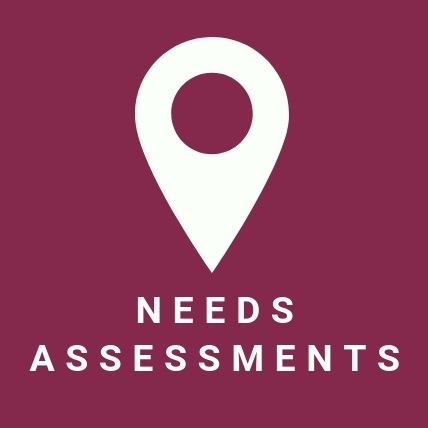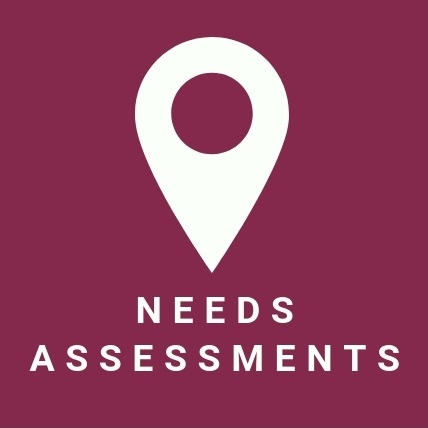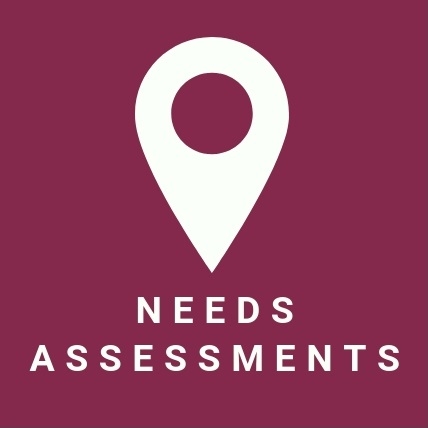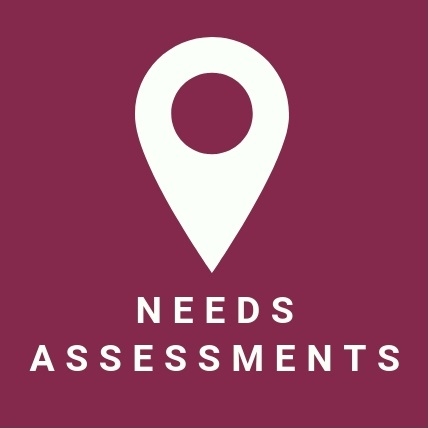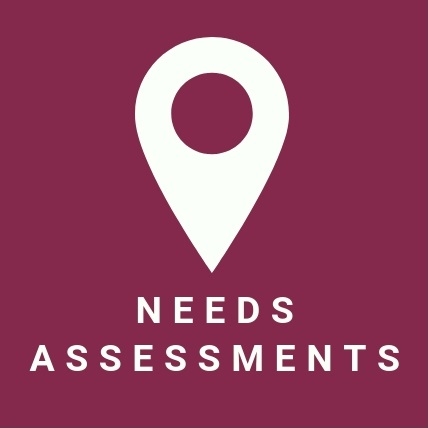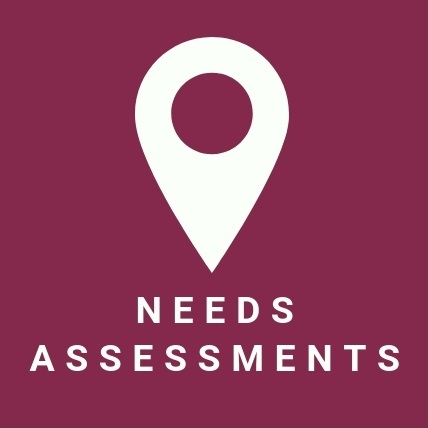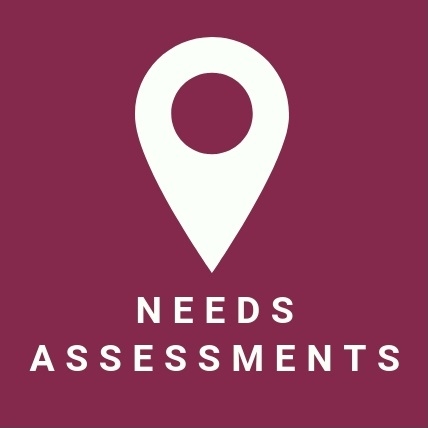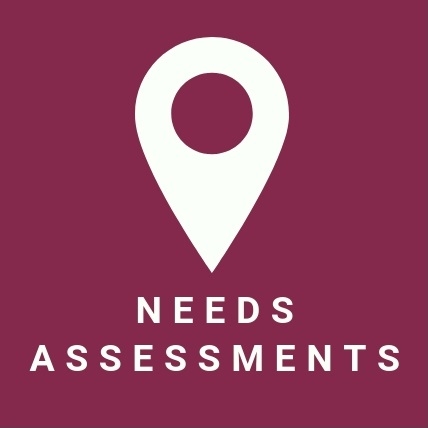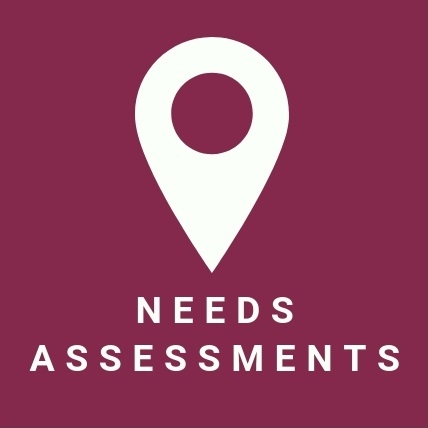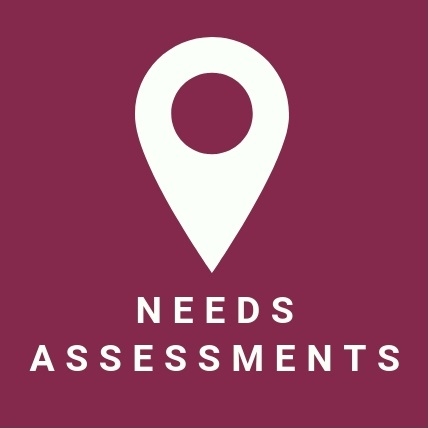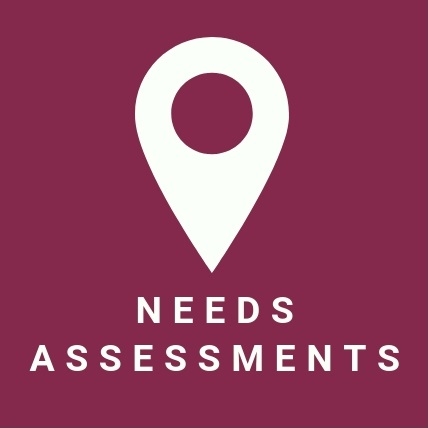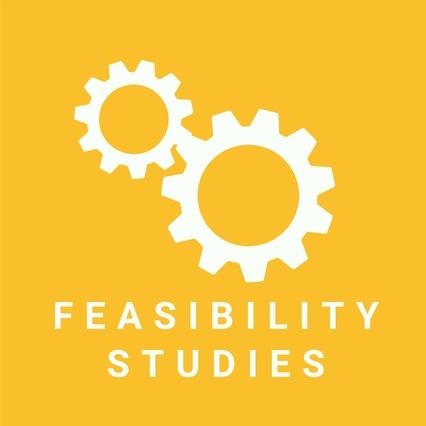Projects
CCBR typically has 15-20 ongoing projects and has completed over 450 projects since 1982. Each project is guided by our commitment to impacting social change in practical and powerful ways. We conduct research with people not on people, cultivating respect with communities at every step of the process.
Projects can be searched for using words from the project title or using the service area, theme, or date range for the project. You can also type 'Service Area' or 'Theme' into the search bar to get a list of options in each of these fields.
Projects
CCBR and the Guelph Wellington Local Immigration Partnership partnered to investigate the broader challenges newcomer youth experience with mental health in city of Guelph and County of Wellington.
The purpose of this project was to explore St Paul’s University College students’ need for wellness supports, what those supports may look like, and the role, if any, of St Paul’s in supporting students’ wellness.
CCBR conducted a needs assessment and action plan for a Family Healing Centre and Land-Based Healing services operated by the Shibogama Health Authority.
CCBR conducted a needs assessment to understand the service needs of people living in the Region of Waterloo who have been affected by traumatic life experiences. The study was funded by The Trauma Service Initiative Steering Committee.
The purpose of the needs assessment was to understand and assess the housing and accommodation needs of people in Thunder Bay who use substances, and to develop a community plan to address the needs identified. The needs assessment was funded by City of Thunder Bay.
CCBR worked with CAMH in three communities (Hamilton, Kitchener/Waterloo and Timmins/Cochrane) to identify, review, and synthesize existing information about mental health system gaps within each community related to transition. The assessment was funded by Centre for Addictions and Mental Health (CAMH).
CCBR, in conjunction with Renison University College, conducted a needs assessment to understand, from the perspectives of key stakeholders, the extent and nature of the need for a Master's program in community-based research for social development.
CCBR provided research support to a community food security initiative in Chatham-Kent. The initiative identified community needs, priorities, and desired policies in order to improve access to healthy and local foods. CCBR developed data collection tools, analyzed the data, and wrote a comprehensive report for the municipality. The research was funded by Chatham-Kent Public Health Unit.
Along with two partners, CCBR conducted the Making Ontario Home study. This Ontario-wide survey assessed newcomers’ service needs and priorities and utilization and experiences with settlement services. The survey assessed newcomers’ opinions in the areas of language instruction, employment support services, and other settlement and integration services. This study was funded by the Ontario Council of Agencies Serving Immigrants (OCASI) via the Ontario Ministry of Citizenship & Immigration (MCI).
This project was a needs assessment for an online part-time Masters of Social Work (MSW) program at the School of Social Work, Renison University College in Waterloo, Ontario. It involved data collection via an online survey, analysis and report writing as well as a literature review.
CCBR conducted a research project entitled “Payday Lending: In Search of a Local Alternative”. The purpose of this study was to look at the existing practice of payday loan facilities and to explore the need of a ‘made-in-Waterloo’ solution as an alternative. This study was funded by the Wellesley Institute.
CCBR conducted a needs assessment and feasibility study for a community-based research ethics process in the Greater Toronto Area and Waterloo Region in partnership with the Wellesley Institute and the Regional Municipality of Waterloo.
